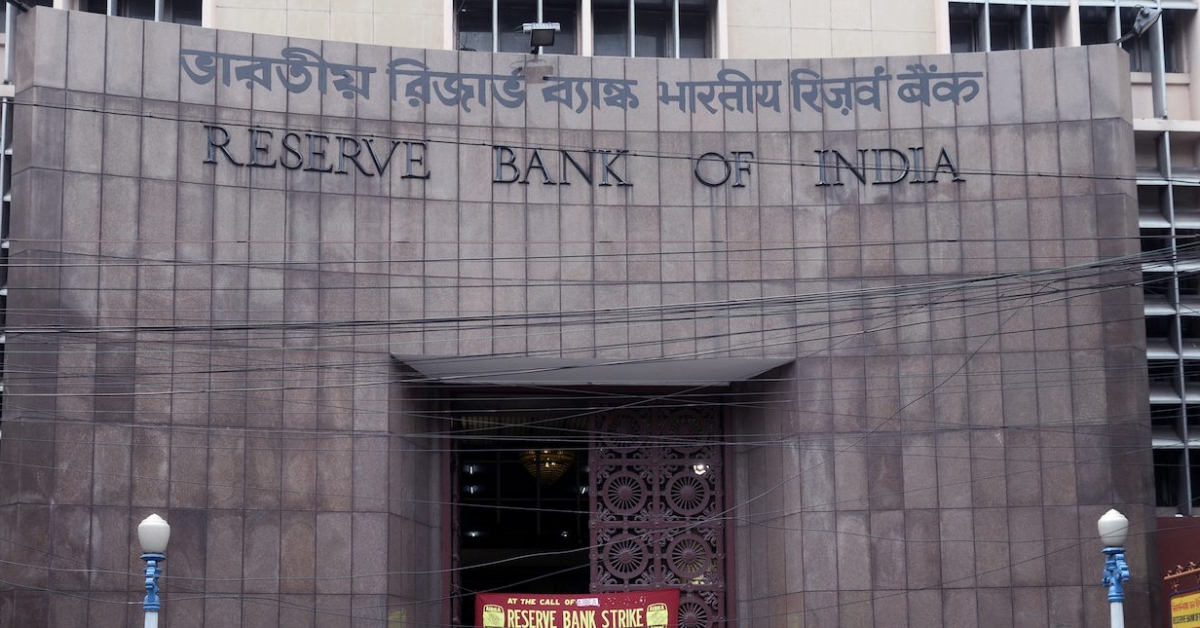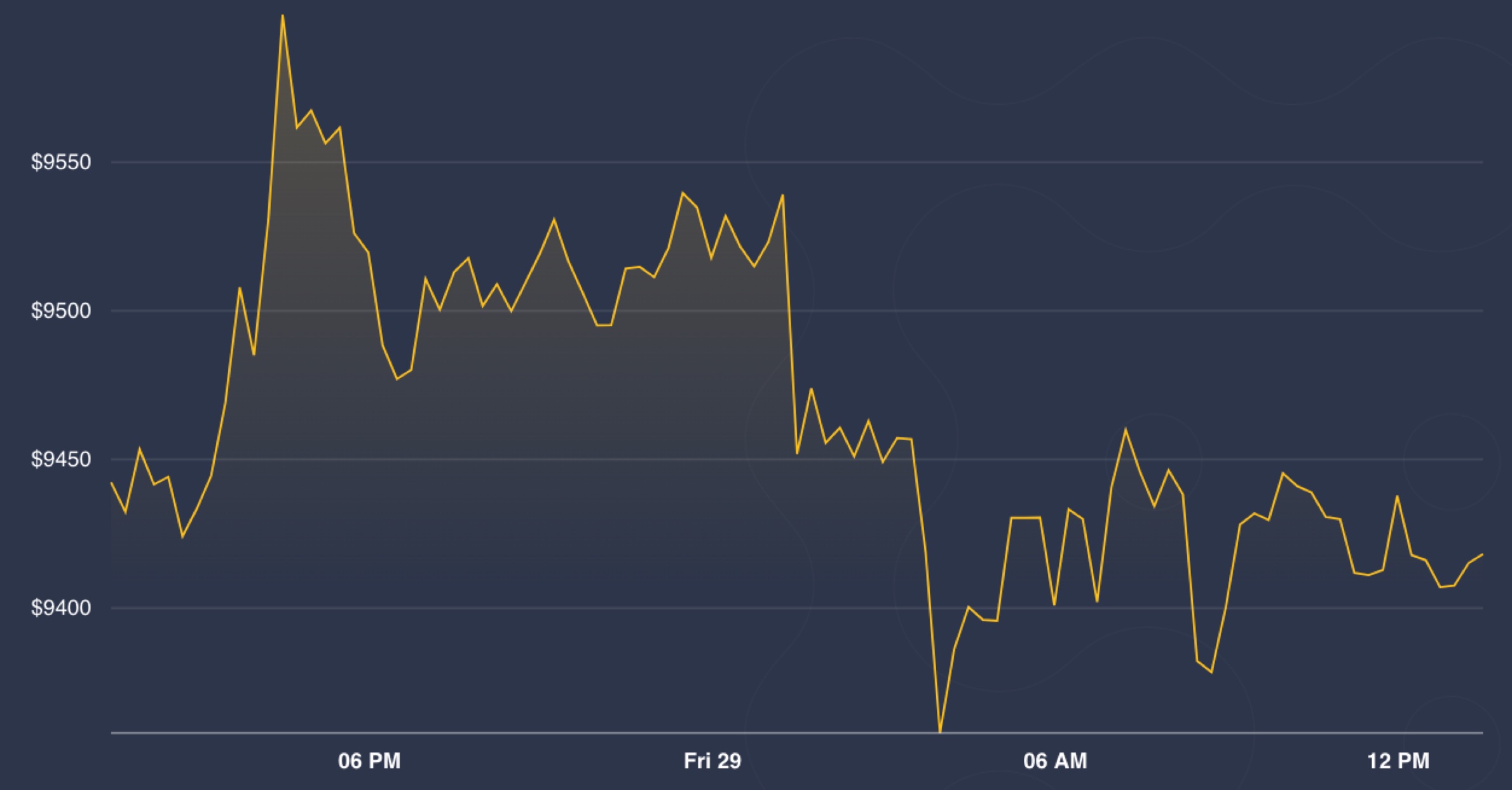Tanvi Ratna is the founder and CEO of Policy 4.0 and works actively with policymakers in India on blockchain initiatives. She was formerly blockchain lead at EY India and a fellow on cryptocurrency regulation at the New America Foundation.
Industry watchers cheered on March 6 when the Supreme Court of India struck down the Reserve Bank of India’s (RBI) ban on financial institutions providing banking services to cryptocurrency businesses. However, the decision is not final, and embedded in the text of the judgment are multiple red flags.
In addition, a draft bill to ban cryptocurrencies, released on Feb. 28, 2019, could still move through Parliament. As analyzed by me previously, taken together, the partial court victory and the possibility of legislation moving forward mean that crypto’s legal status in India remains vulnerable.
The fine print
A review of the 180-page judgment reveals the premises of the verdict are not in alignment with what the industry has assumed.
In essence, the entire verdict hinges on the violation of one of the fundamental rights of the Indian constitution – Article 19 (1) (g), which guarantees the freedom to practice any profession. The Supreme Court concluded the RBI’s measure violated Article 19 (1) (g) for virtual currency exchanges, and that the prohibition measure was not proportional to the threat. The verdict also concluded the central bank had not substantiated the threat with empirical data or credibly examined alternative measures.
However, one of the reasons the Supreme Court supported the industry was because there was “no law banning virtual currencies yet,” which implies the verdict would not stand once there is such a law.
The court also referred to cryptocurrencies as a “by-product” of blockchain technology and said the government could separate the two. This refrain of segregating blockchain and crypto has been the premise behind most federal policy to date.
In a detailed post-verdict analysis, I go over specific excerpts of the judgment, examine other red flags and discuss immediate possible reactions to the verdict.
The industry has won a hard-fought battle, and we can expect to not see a similar reactive prohibition again. However, the clock is ticking on the response of the legislative branch, which could move soon to enact legislation. The central bank, however, can only move a successful appeal if it amasses credible evidence of a monetary risk from cryptocurrencies.
Positive signals
Outside the realm of financial regulators and legislators there have been many government voices speaking up for a more progressive approach to blockchain in India.
The federal ministry for IT recently released a Draft National Strategy for Blockchain. This report looked at more advanced applications of blockchain, for example around data monetization, and pushed for building a global developer hub of blockchain talent in India. This report was surprisingly critical of policy actions, stating publicly that “awareness of blockchain within government is very poor” and that “lack of regulatory clarity” is the No. 1 obstacle to investment in the sector.
Many state-level governments, especially those with a strong IT sector and startup footprints, have been actively trying to build blockchain ecosystems. The state of Karnataka, which is home to India’s equivalent of Silicon Valley, Bangalore, and whose government I had assisted in 2018, was actively looking to build pilots. It even conducted one of India’s largest blockchain hackathons with challenges built from within government departments with a plan to move promising ideas into execution. All activity froze in the aftermath of the RBI’s circular, and the state reached out to the federal government.
Over the last two years, I have also worked with other leading states, all of which are in dialogue with the federal government for regulation to boost growth in blockchain.
The state of Telangana, home to Hyderabad, has designated an entire area as its “blockchain district,” with infrastructure geared for blockchain startups. Another state, Tamil Nadu, has announced an ambitious blockchain backbone on e-governance, which could be one of the largest projects in the world, covering 10 million citizens. All these states are engaged in dialogue on regulation with the federal government through internal channels.
In conclusion, clouds still linger over the future of crypto in the aftermath of the Supreme Court verdict. However, true to the size and democratic structure of India, a complex push and pull is underway between different levels of policymakers in the country, with opinions on both sides of the fence.
Disclosure Read More
The leader in blockchain news, CoinDesk is a media outlet that strives for the highest journalistic standards and abides by a strict set of editorial policies. CoinDesk is an independent operating subsidiary of Digital Currency Group, which invests in cryptocurrencies and blockchain startups.



